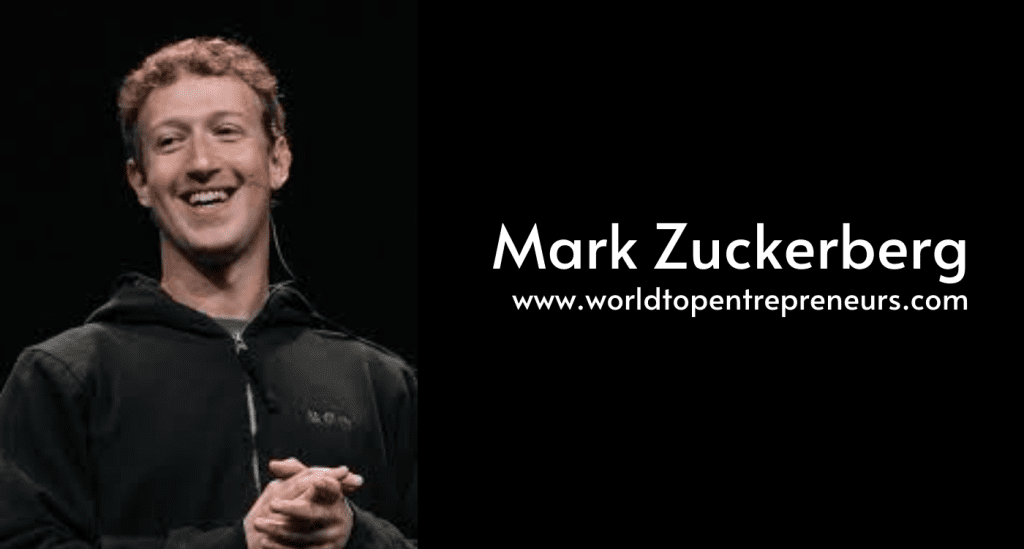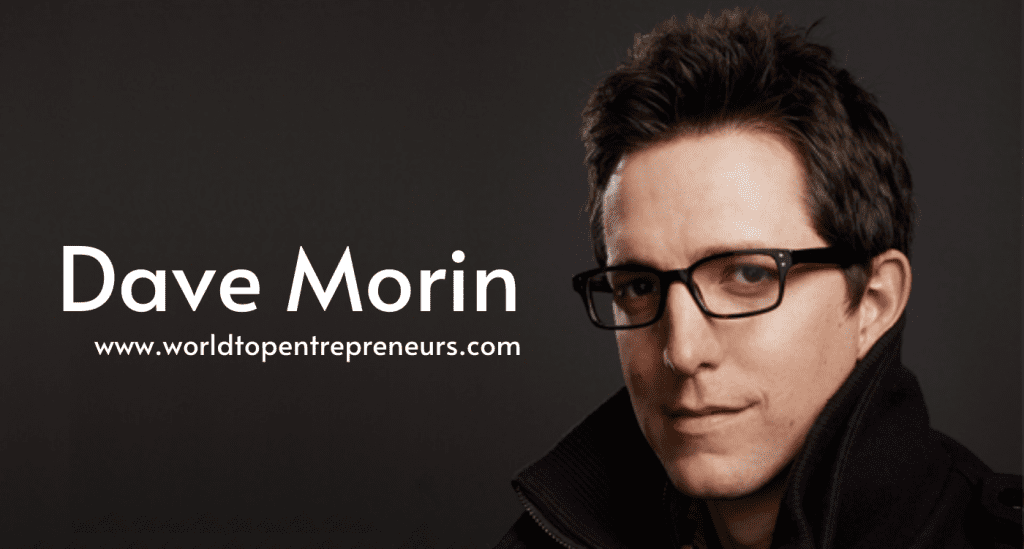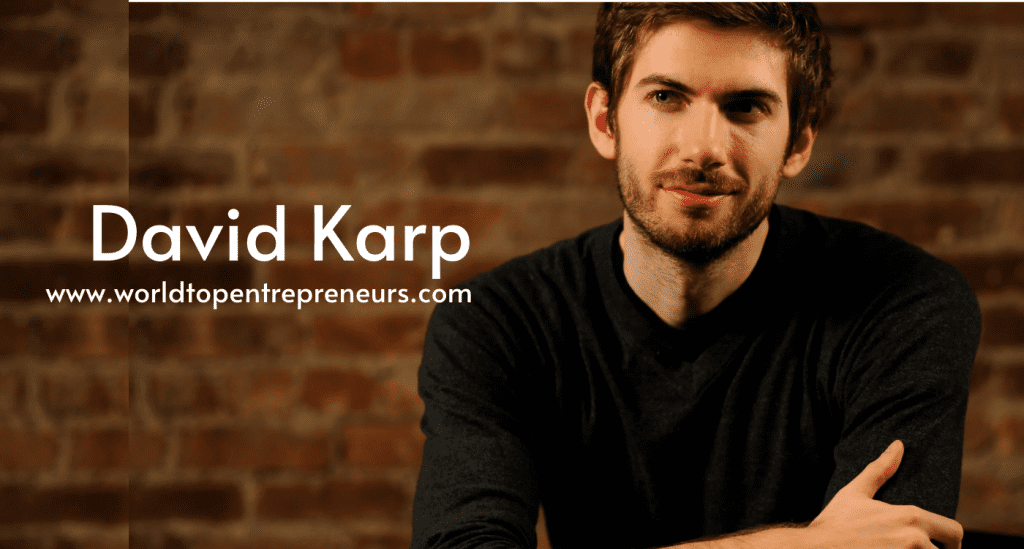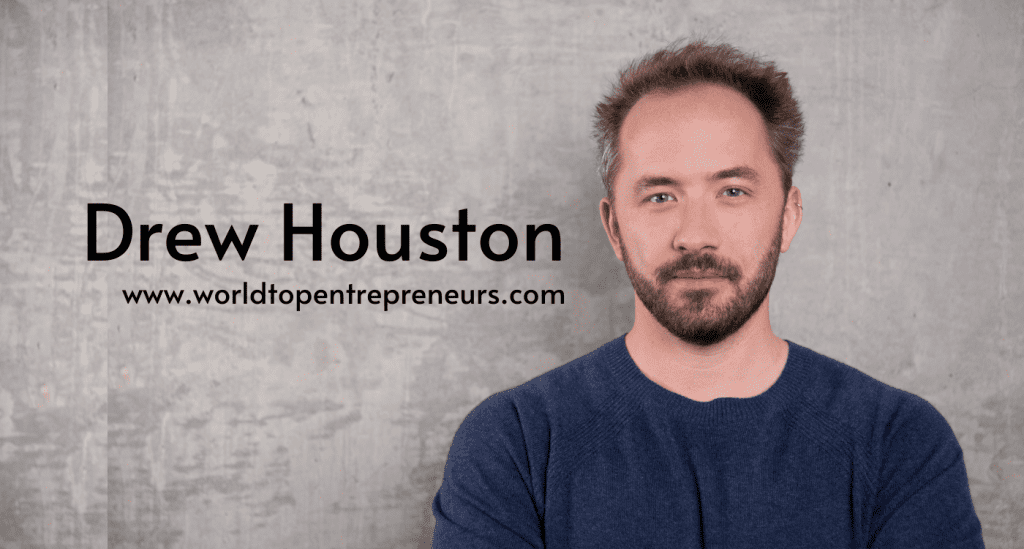Mark Zuckerberg, the co-founder and CEO of Facebook (now Meta Platforms, Inc.), stands as one of the most influential figures in the digital age. His journey from a Harvard dorm room to the helm of a tech giant has not only reshaped the social media landscape but also left an indelible mark on how billions of people interact, share, and communicate online. This article delves into Zuckerberg’s life, his visionary leadership, and the profound impact he has had on the tech industry and society at large.
Early Life and Education
Mark Elliot Zuckerberg was born on May 14, 1984, in White Plains, New York, and raised in the nearby town of Dobbs Ferry. His early fascination with computers became evident when, at the age of 12, he developed a messaging program named “ZuckNet,” which allowed his family members to communicate within the house. This early display of technical prowess was a harbinger of his future endeavors.
Zuckerberg attended Phillips Exeter Academy, an exclusive preparatory school, where he excelled in academics and developed his programming skills further. His time at Exeter was marked by the creation of a music player named Synapse Media Player, which used artificial intelligence to learn the user’s listening habits. This project caught the attention of major tech companies like Microsoft and AOL, which extended job offers to the young prodigy. However, Zuckerberg chose to enroll at Harvard University in 2002.
The Birth of Facebook
At Harvard, Zuckerberg’s entrepreneurial spirit flourished. In February 2004, alongside fellow students Eduardo Saverin, Andrew McCollum, Dustin Moskovitz, and Chris Hughes, Zuckerberg launched “TheFacebook,” a social networking site initially limited to Harvard students. The platform quickly gained popularity, expanding to other Ivy League universities and eventually to colleges and universities across the United States and Canada.
The early success of Facebook (the “The” was later dropped) can be attributed to its user-centric design, which allowed students to create profiles, upload photos, and connect with friends. Zuckerberg’s vision was clear: to create a digital directory that could replace the traditional paper facebooks used at Harvard. His relentless focus on improving user experience and scaling the platform set the foundation for Facebook’s exponential growth.
Scaling Up: From Startup to Tech Giant
In June 2004, Zuckerberg and his team moved to Palo Alto, California, to immerse themselves in the tech startup culture of Silicon Valley. The same year, Facebook received its first significant investment from Peter Thiel, co-founder of PayPal, which enabled the company to expand its operations and hire top talent. By the end of 2004, Facebook had reached one million active users.
Zuckerberg’s approach to leadership and innovation was instrumental in Facebook’s rapid ascent. He prioritized a hacker culture within the company, encouraging employees to experiment, fail fast, and iterate. This culture of constant innovation led to the development of features such as the News Feed, introduced in 2006, which transformed how users consumed content on the platform. Despite initial backlash, News Feed became a cornerstone of Facebook’s user engagement strategy.
The Public Offering and Beyond
Facebook’s initial public offering (IPO) in May 2012 was one of the most anticipated in tech history. The IPO valued the company at $104 billion, making it one of the largest in history at that time. However, the road to becoming a publicly traded company was not without challenges. The IPO faced technical glitches, and the stock price saw significant volatility in the initial months. Nevertheless, Zuckerberg’s vision and strategic decisions enabled Facebook to recover and thrive.
Under Zuckerberg’s leadership, Facebook embarked on an ambitious expansion strategy, acquiring several companies to diversify its offerings and reinforce its dominance in the social media landscape. Notable acquisitions include Instagram in 2012 for $1 billion, WhatsApp in 2014 for $19 billion, and Oculus VR in the same year for $2 billion. These acquisitions not only expanded Facebook’s ecosystem but also positioned the company at the forefront of emerging technologies like virtual reality.
Visionary Leadership and Strategic Shifts
Zuckerberg’s leadership is characterized by his long-term vision and willingness to pivot the company’s strategy in response to emerging trends and challenges. In 2021, Facebook underwent a significant rebranding, adopting the name Meta Platforms, Inc. This shift signaled Zuckerberg’s commitment to the “metaverse,” a virtual reality space where users can interact in immersive digital environments. The rebranding reflects Zuckerberg’s belief that the metaverse represents the next frontier in social interaction and digital experiences.
Zuckerberg’s focus on the metaverse is backed by substantial investments in VR and AR technologies. Meta’s Reality Labs division is dedicated to developing the hardware and software necessary to bring the metaverse to life. While the concept is still in its infancy, Zuckerberg envisions a future where the metaverse becomes an integral part of everyday life, enabling new forms of work, entertainment, and socialization.
Ethical Challenges and Controversies
Zuckerberg’s tenure at Facebook has not been without controversy. The platform has faced numerous ethical challenges, including issues related to data privacy, misinformation, and its impact on mental health. The Cambridge Analytica scandal in 2018, where the data of millions of Facebook users was harvested without consent for political advertising, marked a significant turning point. The scandal led to increased scrutiny from regulators and a broader public debate about data privacy and the responsibilities of tech companies.
Zuckerberg’s response to these challenges has been multifaceted. He has advocated for greater transparency and accountability within the company, implementing measures to protect user data and combat misinformation. Facebook has also invested in AI-driven tools to detect and remove harmful content. Despite these efforts, the company continues to navigate the complex landscape of balancing user privacy with the need for open communication.
Personal Life and Philanthropy
Beyond his professional life, Mark Zuckerberg is known for his philanthropic endeavors. In 2010, he signed the Giving Pledge, committing to donate the majority of his wealth to charitable causes. Alongside his wife, Priscilla Chan, he founded the Chan Zuckerberg Initiative (CZI) in 2015, a philanthropic organization focused on advancing human potential and promoting equality. CZI’s initiatives span education, healthcare, and scientific research, with a mission to address some of the world’s most pressing challenges.
Zuckerberg’s personal life is often characterized by his down-to-earth demeanor and commitment to family. He and Priscilla Chan, a pediatrician, have two daughters, and Zuckerberg frequently shares glimpses of their family life on social media. Despite his immense wealth and influence, he maintains a relatively low-profile lifestyle, often seen in his trademark casual attire of jeans and t-shirts.
Legacy and Impact
Mark Zuckerberg’s impact on the tech industry and society at large is profound. As the architect of one of the most influential platforms in the world, he has transformed how people connect and communicate. Facebook’s journey from a college networking site to a global tech giant is a testament to his vision and leadership.
Zuckerberg’s influence extends beyond Facebook. His work in advancing VR and the metaverse has the potential to redefine digital interaction in the coming decades. His commitment to philanthropy and addressing global challenges reflects a broader vision of leveraging technology for social good.
Conclusion
Mark Zuckerberg’s story is one of innovation, resilience, and transformation. From his early days as a programming prodigy to leading one of the most powerful tech companies in the world, his journey is a testament to the impact of visionary leadership in the digital age. While his tenure has been marked by challenges and controversies, Zuckerberg’s contributions to technology and society are undeniable. As he continues to push the boundaries of what is possible, the legacy of Facebook—and now Meta—will undoubtedly continue to shape the future of digital interaction.





















